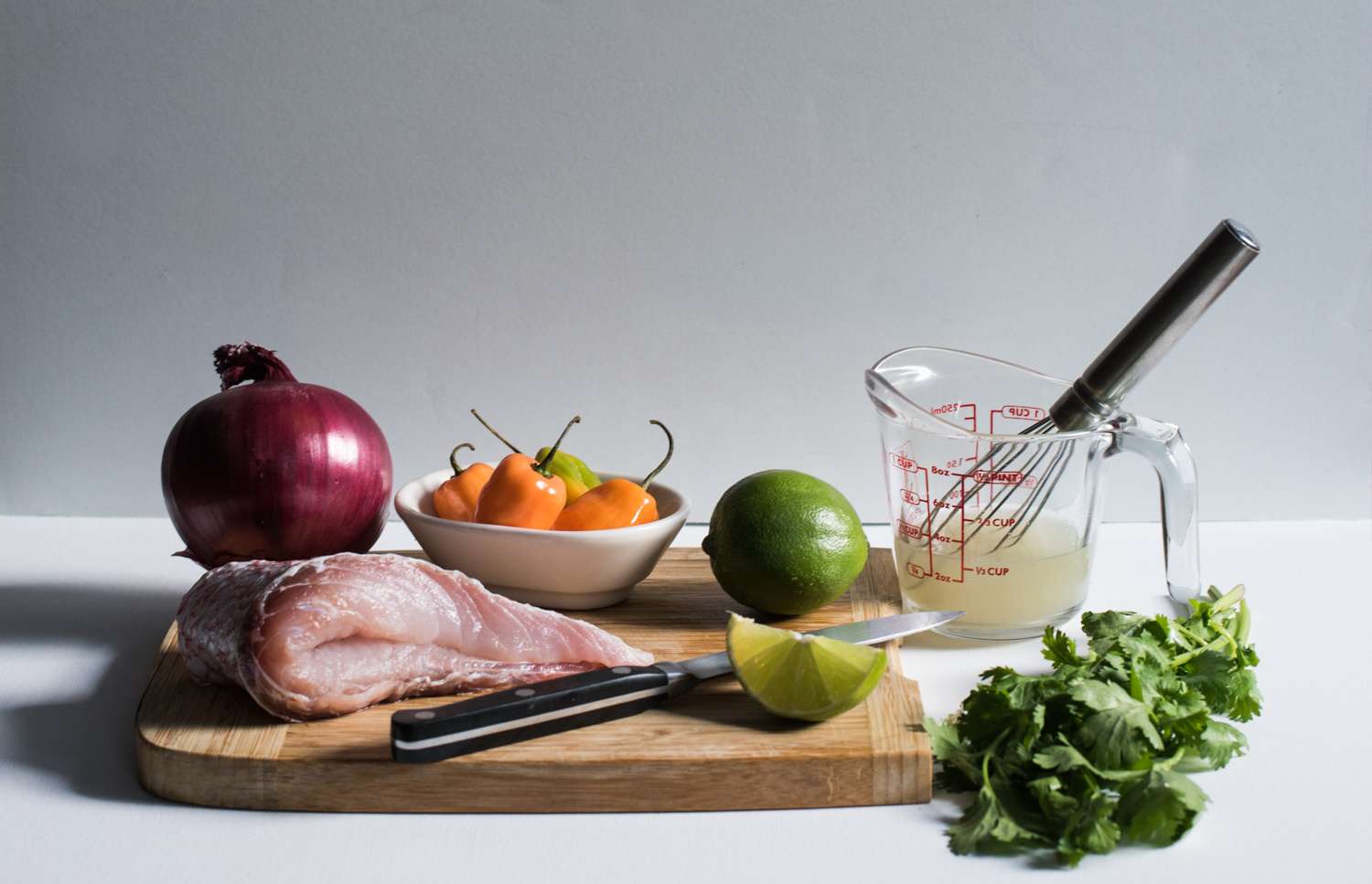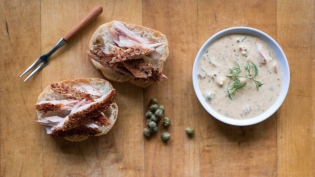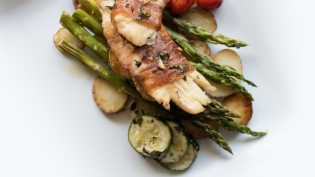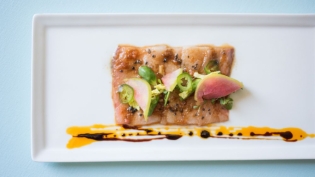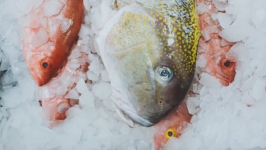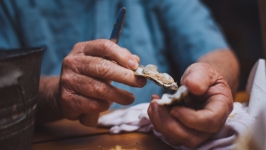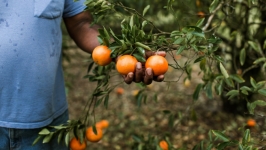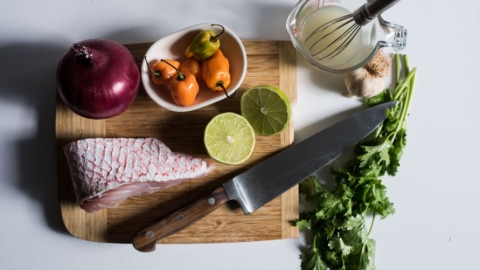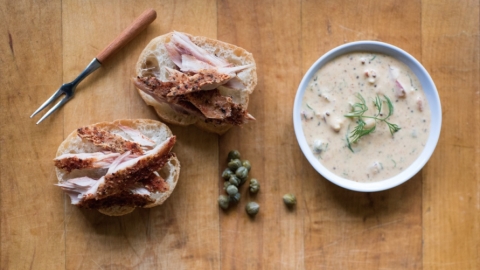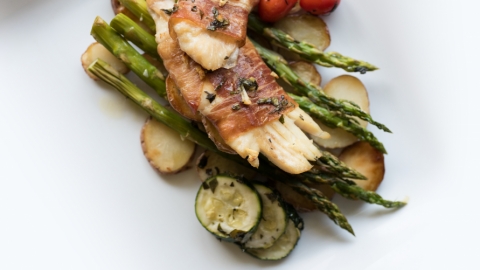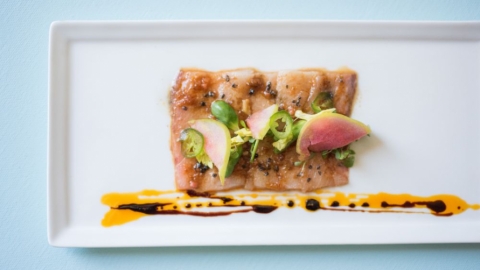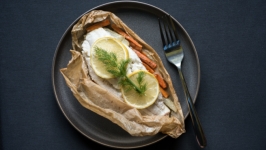Chemistry in the Kitchen: Citrus and Ceviche
There are several coastal countries that lay claim to the origins of ceviche, a seafood dish that can be easily prepared at home. In Peru, ceviche has become part of Peru’s national heritage, with a holiday declared in its honor. Simple ingredients like fresh seafood, limes, red onion, garlic, habanero pepper and cilantro are typically used to prepare ceviche. To embrace a local flavor in Northeast Florida, try using snapper, grouper or mahi-mahi.
Technically speaking, cooking requires heat, so ceviche, a dish in which raw fish is marinated in citrus juice, isn’t cooked. Though it is never “cooked” in the traditional sense, ceviche goes through a chemical process that effectively rearranges the fish’s proteins, much like the application of heat. Both heat and citric acid are agents of a chemical process called denaturation. In this process, citric acid changes the proteins in the fish which alters its chemical and physical properties. When fish is submerged in citrus juices, it turns the flesh firm and opaque, as if it had been cooked with heat.
Whatever type of fish you’re using, it’s important to cut it up into bite-size pieces, because the increased surface area will make it easier for the citric acid to do its “cooking.” A flakier fish like flounder or shellfish such as scallops may only need to marinate for about 15 minutes. However, a strip of mahi-mahi, a hearty and dense fish, could take closer to 50 minutes or an hour to “cook.” Use a glass bowl or any container non-reactive to acid and cover it tightly when it is cooking in the refrigerator.


